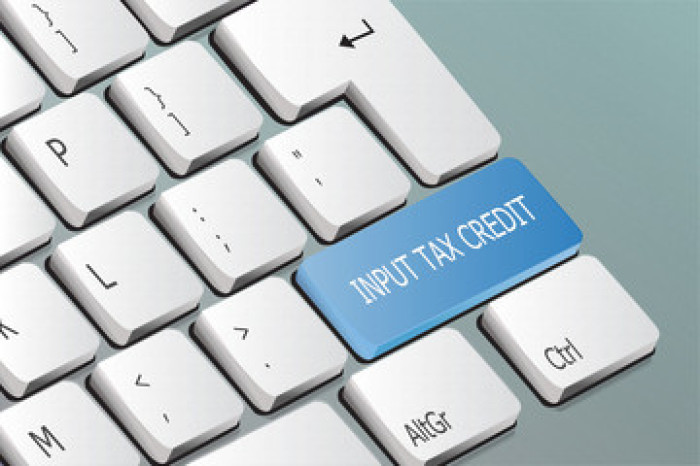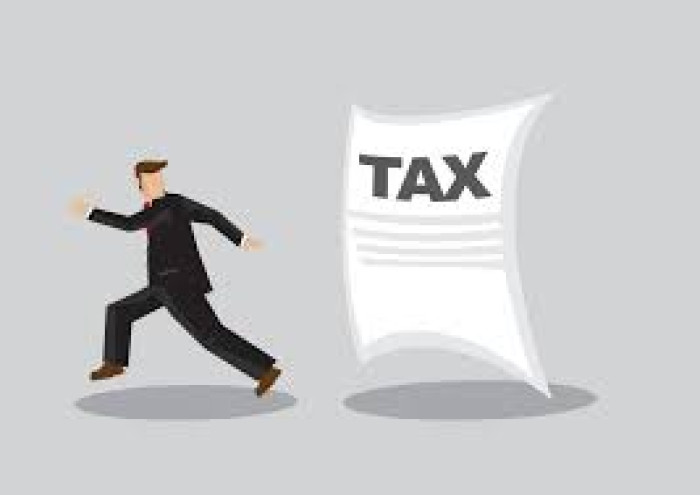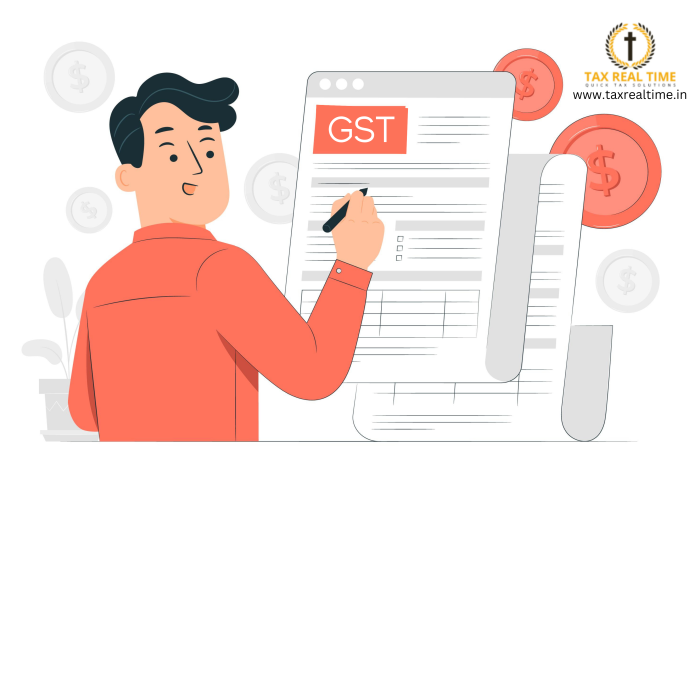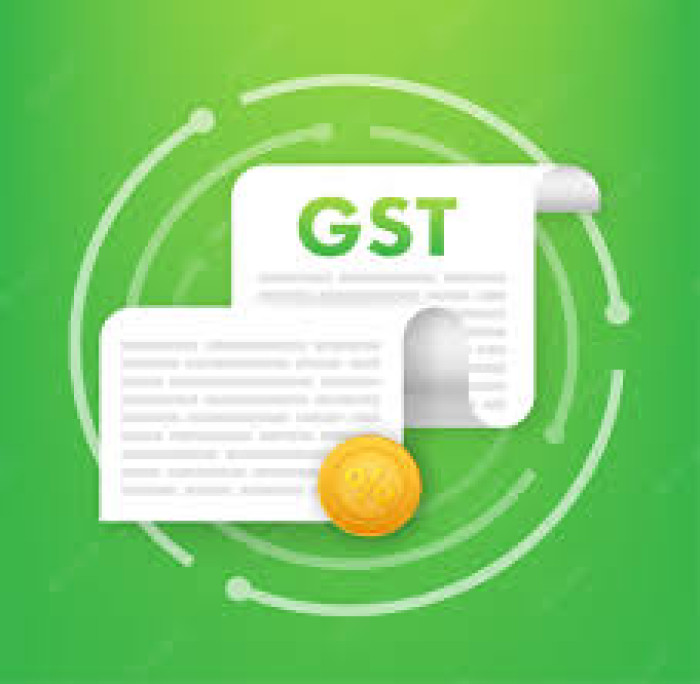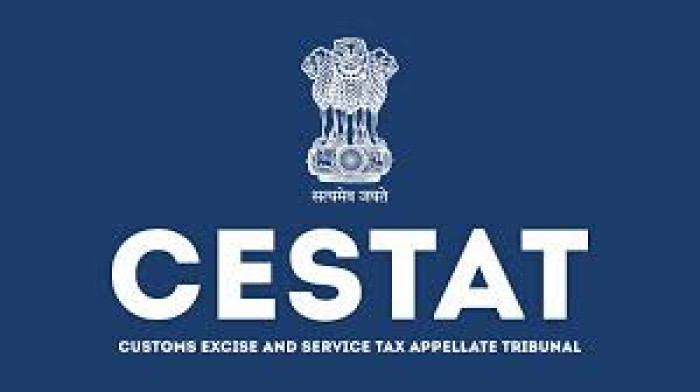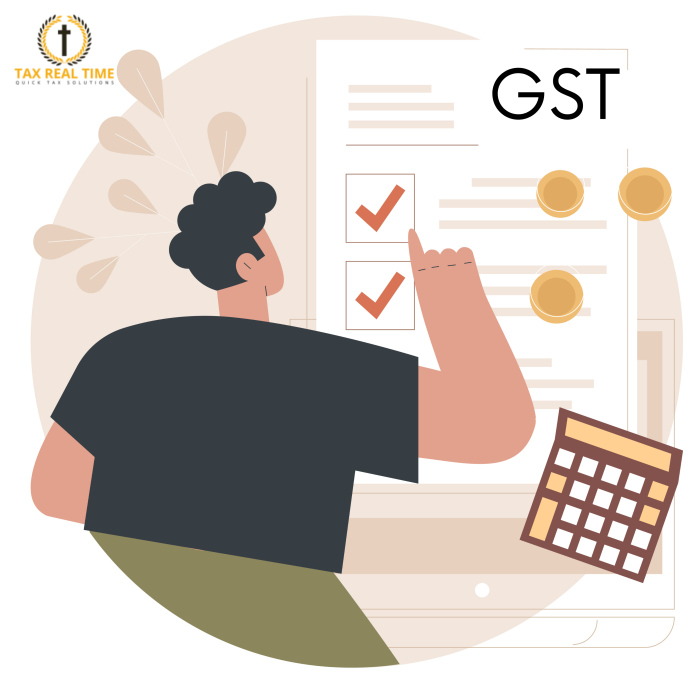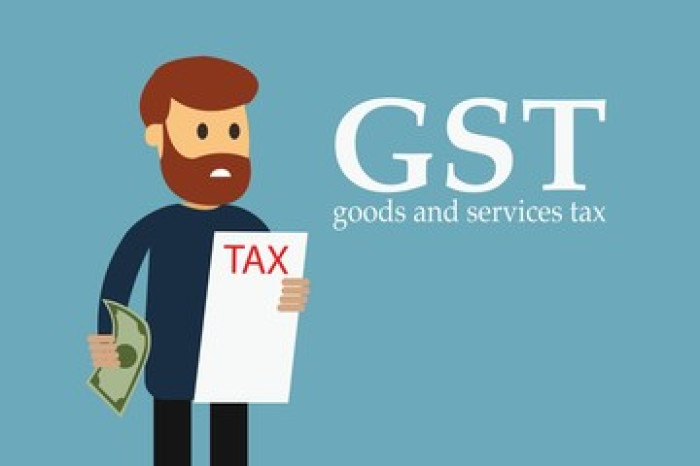GST – Delhi High Court: GST cannot be imposed on fees collected for regulatory functions since the regulatory commissions perform statutory duties, which do not fall under the definition of business or supply – Writ petition allowed [Order attached]


Your free trial / membership plan is expired.
Kindly subscribe to get complete access to indirect tax updates and issue wise cases
Why subscribe to us ?
Get complete access to news updates and download copy of case laws/ notification/ circular etc.
Be a part of our WhatsApp group and read real time indirect tax updates
Access to ready case laws of General Issues and Industry Wide Issues under GST
Access to relevant provisions of law / circular in respect to the issues, along with trail of their amendments
Write your GST query to us for evaluation
Subscription Charges:*
Indirect tax updates -
6 months @299 / 1 Year @499 only
Indirect tax updates + Issue wise cases -
6 months @1199 / 1 Year @1999 only
*Plus applicable GST
Admin
07-Feb-2025 10:26:43
Order Date – 15 January 2025
Parties: Central Electricity Regulatory Commission Vs Additional Director, Directorate General of GST Intelligence (DGGI) & Anr.
Facts –
- The Petitioner, Central Electricity Regulatory Commission (CERC), was served with a show cause notice demanding GST on fees collected by the regulatory body for tariff determination, licensing, and other regulatory functions.
- They argued that regulatory fees collected are not in the course of business and should not be subject to GST. The respondents classified the commissions’ regulatory activities under “support services to electricity transmission and distribution” and imposed an 18% GST.
Issue –
- Whether GST is leviable on Fees collected by the regulatory body for tariff determination, licensing, and other regulatory functions?
Order –
- The Divisional Bench of Hon’ble High Court observed that by virtue of Section 7, a supply would necessarily have to be of goods or services not only for consideration but more importantly in the course or furtherance of business. Further the regulatory function discharged by Commissions would clearly not fall within the scope of the word “business” as defined by Section 2(17). Thus, even if the fee so received by such Commissions were to be assumed as being consideration received, it was clearly not one obtained in the course or furtherance of business.
- Section 2(102) of the CGST Act defines the expression “services” to mean “anything other than goods”, the expansive reach of that definition would have to necessarily be read alongside Schedule III and which excludes services per se rendered by a court or tribunal established under any law. The provision made in Schedule III is clearly intended to insulate and exempt the functions discharged by a court or tribunal from the levy of a tax under the CGST.
- The Electricity Act makes no distinction between the regulatory and adjudicatory functions which it vests in and confers upon a Commission. Those functions are placed in the hands of a quasi-judicial body enjoined to regulate and administer the subject of electricity distribution. Electricity, undoubtedly, is a natural resource which vests in the State.
- Hence the appeal is allowed.
Related Post
Post Category
Your free trial/ membership plan has expired. Kindly subscribe to get complete access of tax news updates.

Why subscribe to us ?
Get complete access to news updates
Access to the Order Copy of the case law/ Notification/ Circular etc
Be a part of our Whatsapp group and read real time tax updates
Access to ready case laws/ circulars on general and industry-wide issues under GST
Submit your GST issues to us for evaluation





